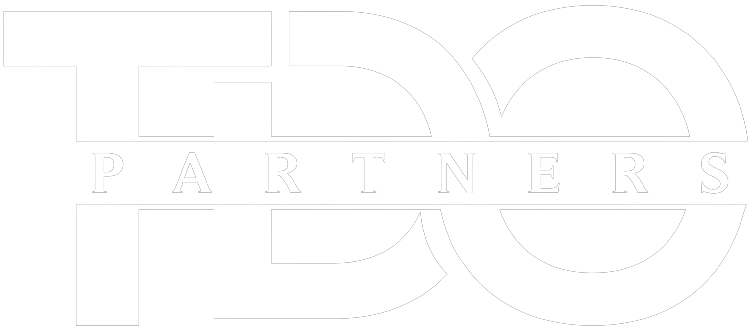© 2023. TDO Partners – All Rights Reserved
FAQ
TDO Partners is a real estate and development firm in Dubai, UAE. We specialise in residential and commercial properties, offering high end services to local and international investors.
Freehold property pertains to a type of property acquisition in which the buyer obtains ownership of both the land and the unit. The buyer becomes the landowner and holds the title deed in their name. In the event of the title deed holder’s demise, the freehold property can be inherited by an heir. The owner of a freehold property enjoys the freedom to lease, occupy, or sell the property. It is permissible to utilize the property for any purpose as long as it complies with the local regulations and guidelines.
The introduction of freehold properties in Dubai aimed to promote foreign investment, attracting expatriates to purchase properties. Popular freehold areas for expats include Dubai Marina, Emirates Hills, Al Barsha, and Palm Jumeirah.
Freehold signifies absolute ownership of a property, with the buyer’s name appearing on the title deed. On the other hand, leasehold refers to the arrangement of leasing a property for a duration exceeding 10 years and up to 99 years. In the case of leasehold, full ownership cannot be acquired.
RERA, an acronym for Real Estate Regulatory Agency, is an integral division of the Dubai Land Department (DLD) responsible for overseeing regulations within the real estate sector. It plays a crucial role in managing the relationships between all parties involved in a contract and facilitates the smooth process of property exchanges.
Ejari, derived from the Arabic term for ‘my rent,’ is an electronic online registration system implemented in Dubai for the purpose of regulating and registering tenancy contracts. It serves as the platform for documenting all rental transactions and ensuring the legality of all contracts. With the utilization of the Ejari system, the rental market in Dubai is recognized as one of the most meticulously regulated markets globally.
Yes, you will have to get the Ejari done before applying for DEWA.
DEWA can be applied online via their website or you can visit the DEWA offices to apply for the DEWA services.
To proceed with the tenancy process, tenants are required to furnish the Property Broker with certain documents. This includes presenting original copies of a valid passport and a valid Residence Visa copy. In the case of a corporate tenant, additional documents such as a valid Trade License, the General Manager’s Passport Copy (if they are signing the Agreement), and the passport of the occupant need to be provided as well. It is essential to provide these documents to fulfill the necessary requirements and ensure a smooth agreement process.
Indeed, in order for a tenancy contract to be considered valid, it must be registered with Ejari. Without proper registration, any claims related to the contract may not be recognized according to the Law. Therefore, it is imperative to ensure the registration of the tenancy contract with Ejari to establish its legal validity.
Certainly! As a tenant, you have the option to terminate your tenancy contract; however, there are certain conditions to be aware of. It is necessary to inform your landlord at least 2 months in advance of your intention to terminate the contract. Additionally, upon vacating the property, you will be required to pay 2 months’ rent as a cancellation fee. It is important to settle all outstanding utility bills before the contract termination is finalized.
